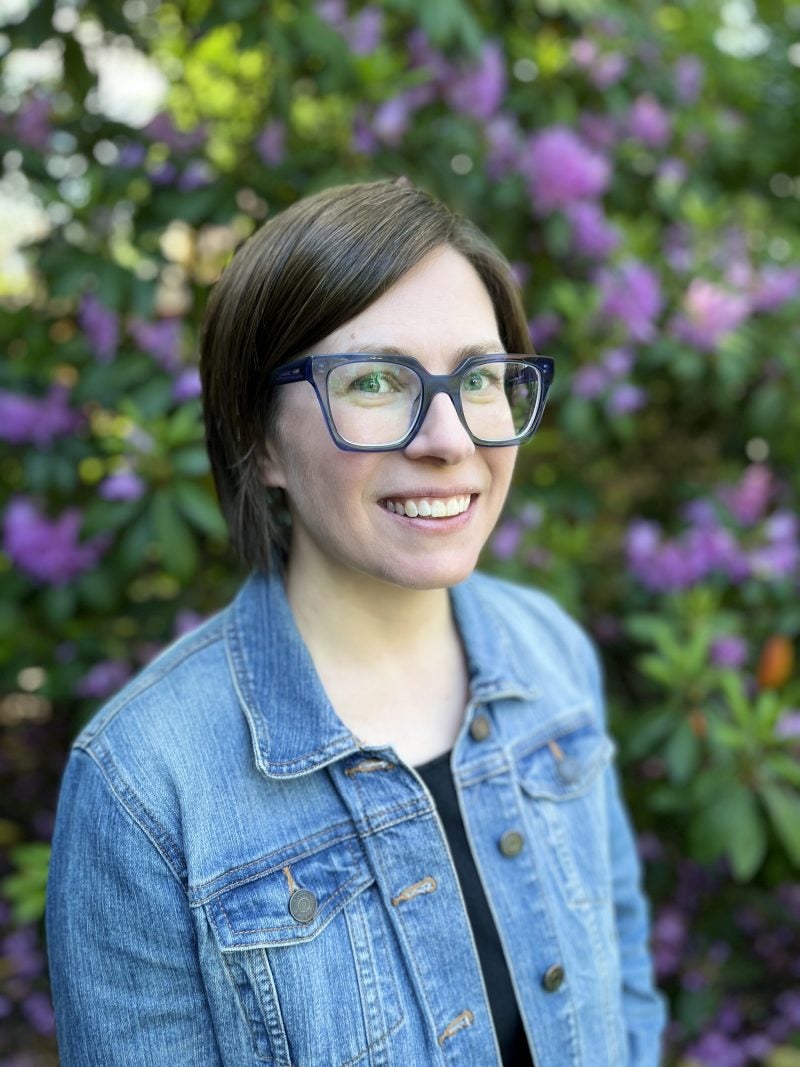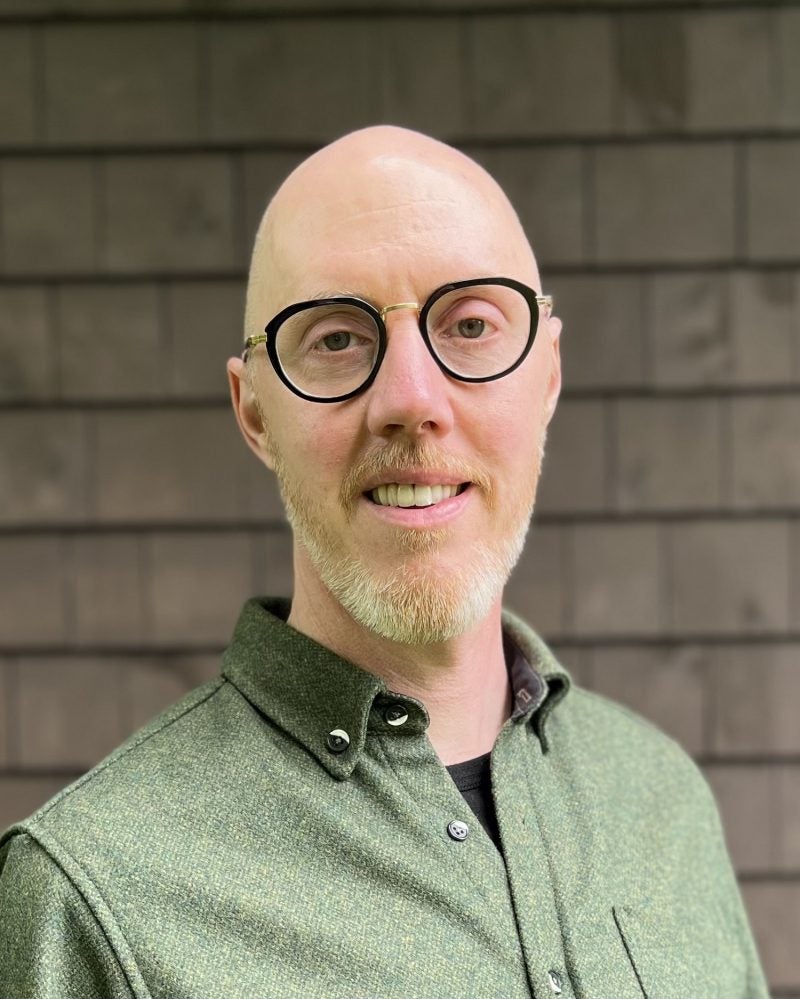Researchers Laura Eramian and Peter Mallory among leading line-up of speakers at Congress 2024, Canada’s largest humanities and social sciences conference, taking place June 12-21
If your friendships are no longer sparking joy in your life, should you follow the popular advice from social media and other popular think-pieces, and simply get rid of them? A first-of-its-kind study by two Atlantic Canada researchers shows that you’re better to think twice before doing so.
After years of investigating the role of modern friendships in Atlantic Canada, Dalhousie University social anthropologist Laura Eramian and St. Francis Xavier University sociologist Peter Mallory are cautioning Canadians to be wary of striving for the ideal friend based on a strict dividing line between healthy or toxic relationships.
Rather, the reality is that friends are playing an increasingly important role in our lives and the more we rely on them, the more we need to understand that sometimes good, meaningful relationships can come with challenging parts.
Eramian and Mallory will present preliminary findings from their ongoing friendship research at the upcoming Congress of the Humanities and Social Sciences (Congress 2024), Canada’s largest academic gathering and one of the most comprehensive in the world, taking place June 12 to 21 in Montreal.
Billed as a leading conference on the critical conversations of our time, Congress 2024 — themed “Sustaining shared futures” — serves as a platform for the unveiling of thousands of research papers and presentations from social sciences and humanities experts worldwide. With more than 8,000 scholars, graduate students and practitioners expected to participate, the event focuses on what must be done to bring forth solutions for today and sustain the systems of tomorrow, with the goal of inspiring ideas, dialogue and action that create a more diverse, sustainable, democratic and just society.

“We’re definitely skeptical of the advice to ‘Marie Kondo’ your friends,” said Mallory, pointing to a shift in how people are now evaluating friendships using the same criteria once reserved for romantic and family relationships.
At Congress, Eramian and Mallory will share insights from interviews and participant observation studies conducted from 2016 to 2024 with people who have experienced failed or difficult friendships, identify as having few friends, have chosen to cohabitate with friends or consider themselves best friends. In addition to illustrating the changing role of friendship, they will discuss how friendships that were once viewed as a pleasurable, informal escape from everyday pressures are being examined through a more discerning lens.
“People are putting a lot on friendship now so it’s really no wonder people are having trouble with it,” said Eramian, pointing out that social scientists, cultural commentators and ordinary people alike now view friendship as central to selfhood, professional success, moral and practical support, and a good life.
“Friendship has all of its old meaning as a place to let off steam and have fun, but people also want it to be intimate and serious, and a way for them to better understand themselves,” she added. “If people are struggling with friendship, it’s not because they’re bad at it. It’s because the expectations around the whole relationship have changed.”

As part of their study, the researchers uncovered the following top five reasons why people maintain ties with difficult friends: they would rather tolerate an imperfect friendship than be seen as someone who cuts people off; they see petty disagreements with friends as an opportunity to work on self-awareness; they’ve been friends for so long, their lives are too entangled to stop now; they see intrinsic value in being challenged or pushed by a difficult friend; and, their own stubbornness and hard work to preserve the friendship.
Based on their findings, they’re challenging the current notion that there’s a single yardstick of friendship that everyone should be measuring up to, and that in fact, the more people monitor their friendships to ferret out sources for their own unhappiness or dissatisfaction with life, the more they tend to focus on what’s less than perfect in their friends.
“Fifty years ago, romantic and family relationships were considered core relationships and friends were nice to have,” said Mallory. “That’s shifting and now that we recognize the importance of friends, we’re placing all sorts of expectations on them. We’re not saying people should hold onto all of their friendships, but as they try to make sense of their relationships, they should be questioning that singular ideal of what friendship should be.”
Organized by the Federation for the Humanities and Social Sciences in partnership with McGill University, Congress 2024 is sponsored by the Social Sciences and Humanities Research Council of Canada, Universities Canada, the Canada Foundation for Innovation, University Affairs, Sage, and The Conversation Canada.
Registration – which includes 140+ keynote and open Congress sessions, with a virtual attendance option for many presentations – is $30. Visit https://www.federationhss.ca/en/congress2024 to register for a community pass and access the program of events open to the public.

















